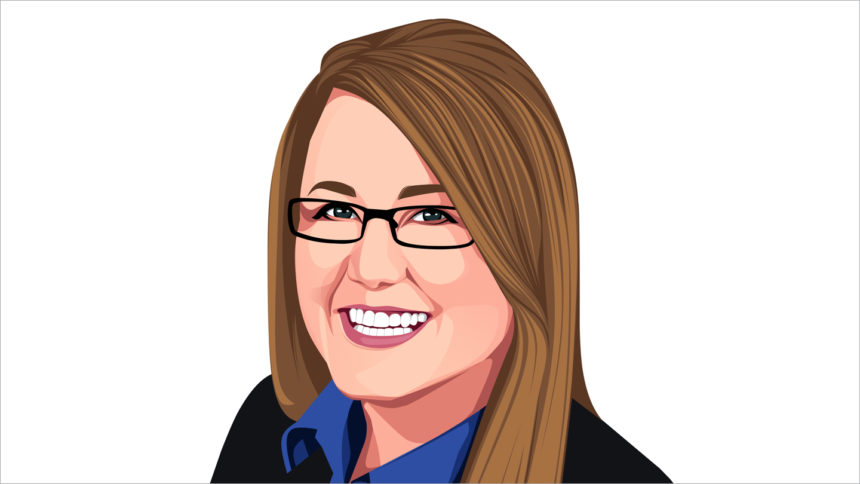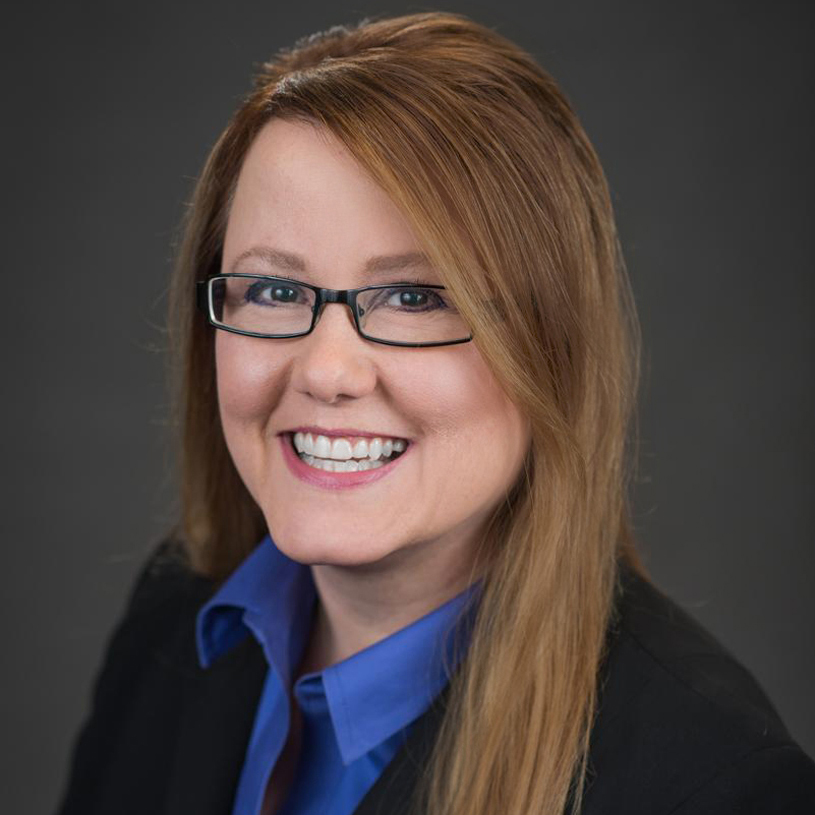

National Center for Assisted Living executives made a powerful pitch for provider data collection Sunday as NCAL Day concluded.
Standing between attendees and happy hour in the Mile High City was the last, and arguably one of the most interesting, sessions of the event: a future-focused panel discussion at which four folks from the association talked about pressing issues facing the industry.
NCAL Executive Director LaShuan Bethea had shared the organization’s strategic planning focus areas at lunch: workforce, regulatory, affordable assisted living, quality, population health, risk/liability and advocacy. Many of those topics were featured during the day’s sessions, and some found their way to the final session of the 17th annual event, held a day before Delivering Solutions 23, this year’s annual meeting of the American Health Care Association and NCAL, fully got underway.
Underpinning or intersecting with many if not all of those areas? Data, and if NCAL has anything to say about it, assisted living providers soon will be collecting more of it.
Data present an answer to several of the industry’s challenges, the panelists said. For instance, data enable operators to know that an approach to resident care is producing the desired result.
“If you aren’t collecting data, you’re going through the motions, but how do you know that those motions you’re doing are good? How do you that what it is you do every day and what it is your team members do every day is what needs to happen to meet your residents’ needs?” Pam Truscott, DNP/HSL, MSN/ED, RN, NCAL director of quality improvement, asked the crowd.
And if you gather data, you have something to show prospective residents and their families — and maybe it’s a differentiator that convinces an older adult to move it.
“Just because we may not be asked by our regulatory agencies today to show the data, how many times do the customers, the stakeholders coming into your buildings, ask to see? Can you show them?” Truscott asked.
Speaking of regulation, for those concerned about the prospect of more federal regulation of assisted living, or even changes in state regulation that they don’t agree with, data can help prove that what they’re doing is working, she said.
“We have to have data. Data can be so incredibly valuable, especially when we are trying to defend our regulations,” Truscott said.
And for providers worried that the data they collect could be used against them by authorities to regulate the industry, she isn’t concerned.
“Even if your regulators captured that data, they’re going to question, ‘What are you doing with that data?’…If you can show the actions that you’re taking … to improve that area, then you’re already answering their question. The key is, do something with that data,” Truscott said. “Don’t just capture it and put it in a three-ring binder or save it on a desktop somewhere.”
“Do not be afraid of the data,” Bethea cautioned members, “because let me tell you what will happen when we don’t have the data: decisions will be made about what we do in assisted living, because they will be using data to make their decisions, and we have nothing to push back on it.”
So data are power.
“We need to start collecting our data so we can make performance improvement based on what we’re seeing,” Bethea said. “And guess what? That gives us a powerful tool to be able to push back on it. So when someone says, ‘Oh, in assisted living, we want you to do ABCDEFG,’ we can say, ‘Oh no. This is what the data says, and we are an evidence-based industry, and we are providing care that has great outcomes. And guess what? I’m not just saying that because I believe it. I have the data to prove it.’ ”
Data need to be part of assisted living, Truscott said, “because we are in an era where we have to prove it. And if we can’t prove it, we’re going to be stuck with whatever the regulatory agencies identify. We don’t have any way to prove what it is we say we’re doing every day.”
It’s understandable that providers would have fears related to data, Bethea said, adding, however, that the industry can’t live in fear.
“We see regulation happening across all of our states right now, at rates I haven’t seen in 20-plus years,” Bethea said, “If we had data, we would be able to be at that table in a very different way than we can be at the table right now.”
Lois A. Bowers is the editor of McKnight’s Senior Living. Read her other columns here.

